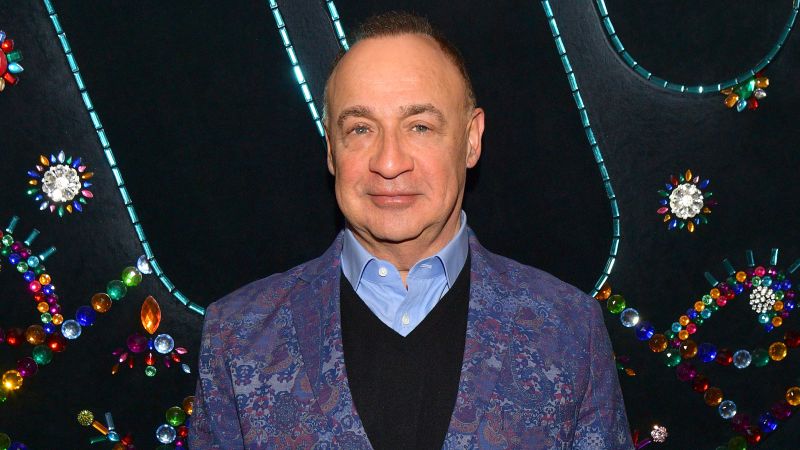Len Blavatnik, Britain’s second-richest man, is currently facing backlash in the UK due to controversies surrounding his Israeli television channel, Channel 13 News. The criticism stems from accusations that Blavatnik’s media company has been altering its programming to align with the interests of Israeli Prime Minister Benjamin Netanyahu.
This has sparked protests organized by the WeDemocracy group, which is composed of Israeli citizens opposed to Netanyahu’s government. These demonstrations are planned for prominent locations bearing the Blavatnik name, including the Tate Modern and the University of Oxford.
Aviel Lewis, a member of the WeDemocracy group, has criticized Blavatnik for his involvement in what he perceives as an attempt to undermine Israeli media freedom.

UK Billionaire Len Blavatnik Faces Backlash Over Alleged Bias in Israeli Channel 13 News
He argues that while Blavatnik is known in the UK for supporting progressive culture and the arts, his actions in Israel contradict these values by diminishing the media’s independence. The protests aim to raise awareness among the British public about this apparent discrepancy and to challenge Blavatnik’s reputation.
Blavatnik’s contributions to British cultural institutions, such as the Victoria and Albert Museum and the National Portrait Gallery, have earned him significant recognition, including a knighthood. In addition to his cultural investments, Blavatnik controls a variety of businesses including Warner Music and DAZN.
His diverse portfolio also extends to significant investments in entertainment and sports, highlighting his substantial influence in these sectors.
In Israel, Blavatnik’s Access Entertainment holds a majority stake in Channel 13 News, which has historically been critical of Netanyahu. Recent changes at the channel, including the appointment of Yulia Shamalov-Berkovich as CEO, have led to the cancellation of key investigative programs and accusations of increasing governmental influence over the media.
Critics, including journalists at the channel and the liberal newspaper Haaretz, claim that these moves represent a troubling shift towards political interference.
Blavatnik’s spokesperson has responded to the criticisms by asserting that he is committed to press freedom and that he does not involve himself in editorial decisions at Channel 13. They maintain that Blavatnik’s investments in the channel were intended to support its existence and promote impartial journalism.
The spokesperson refutes claims of political bias and emphasizes that Blavatnik’s focus remains on safeguarding the channel’s journalistic integrity.
